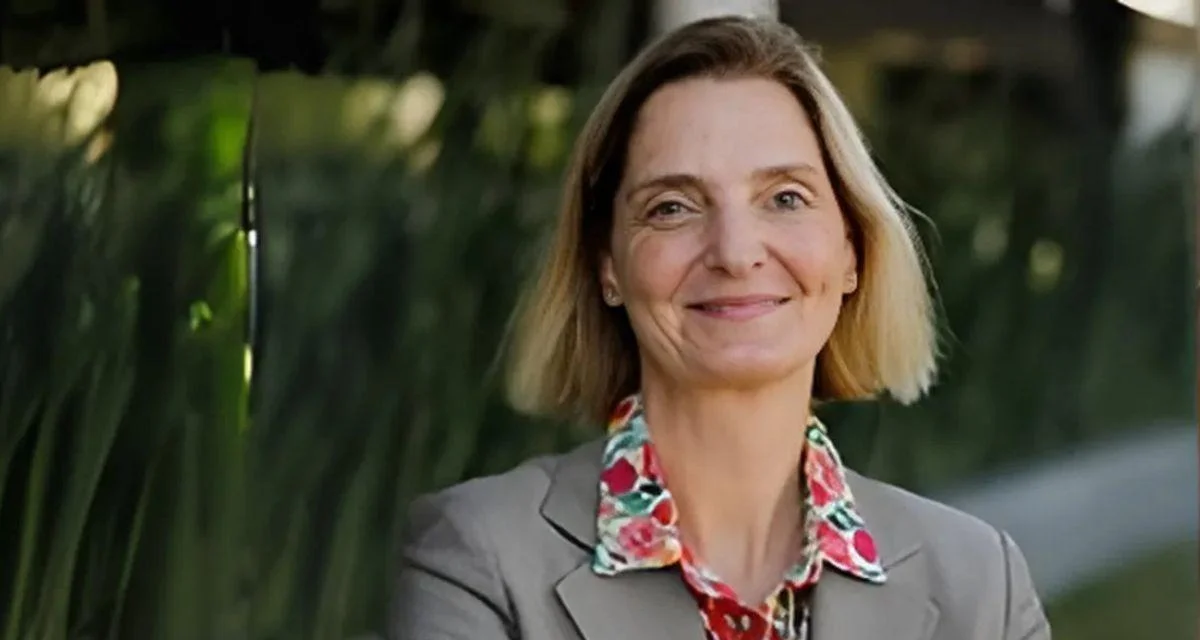Cécile Fruman has been named as the new World Bank Country Director for Brazil, according to an announcement made on September 1, 2025. She will be based in Brasília and will lead the institution’s engagement with government officials, civil society organizations, private sector representatives, and development partners.
In her new role, Fruman is tasked with supporting Brazil’s efforts to improve productivity and job creation, promote social inclusion for disadvantaged populations, and encourage economic growth that is more resilient to climate shocks. She will oversee the implementation of the World Bank’s Country Partnership Framework in Brazil and manage a portfolio of 49 projects totaling $7.8 billion. There are also 16 additional operations in the pipeline worth $3.8 billion.
Fruman will coordinate closely with other arms of the World Bank Group such as the International Finance Corporation (IFC) and the Multilateral Investment Guarantee Agency (MIGA). She replaces Johannes Zutt, who served as Country Director for three years.
A French national with over 25 years of experience in international development, Fruman joined the World Bank in 1998 through its Young Professionals Program. Her previous roles include Director for Regional Integration and Engagement in South Asia—where she led cross-border partnerships—and Senior Manager for Financial Intermediary Funds and Partner Relations within the Development Finance Vice Presidency. In this capacity, she oversaw funds disbursing about $6 billion annually.
She has also served as Director of the World Bank Group Trade and Competitiveness Global Practice—a joint initiative with IFC—managing a $5 billion lending portfolio along with advisory programs. Her background covers business development across areas like climate change, infrastructure, public-private partnerships, health and education sectors, as well as competition policy.
Earlier in her career, Fruman worked in microfinance and small enterprise development—including four years running a rural microfinance institution in Mali—and contributed to global studies on sustainable banking practices for low-income communities. She holds an MBA from ESCP Europe and studied at the University of Osaka.
Further information can be found on www.bancomundial.org.br or through their LinkedIn and YouTube channels.

